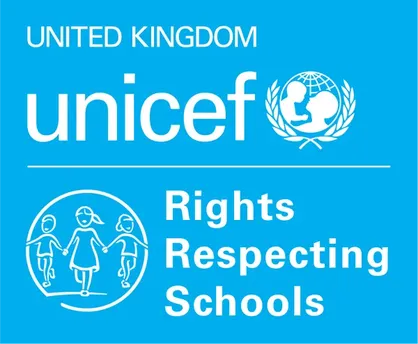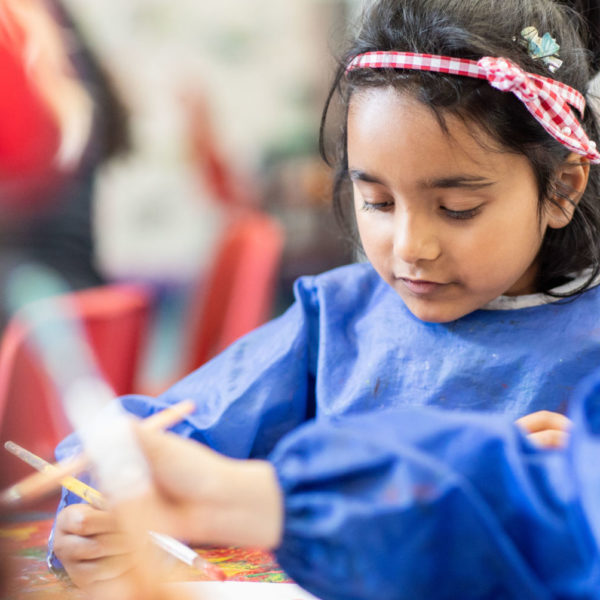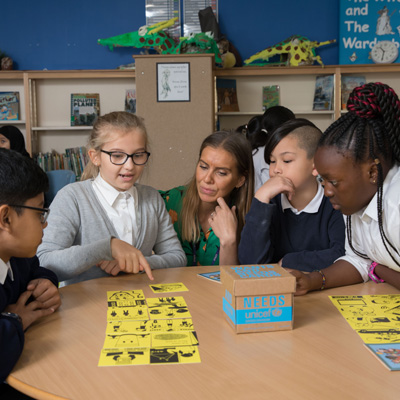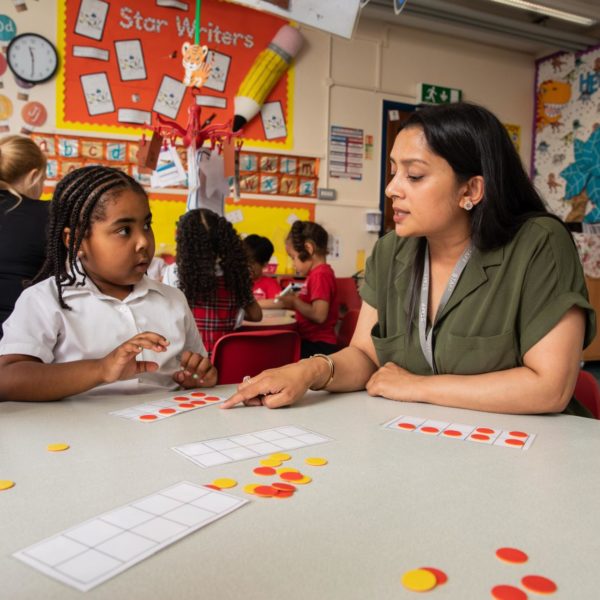Tell us a bit about yourself. How long have you been a teacher? What do you enjoy most about teaching? How long has your school been involved with UNICEF UK?
I have been teaching for 26 years and have had an interesting journey. I was a Senior Teacher in South Ayrshire early on in my career and from there moved into the University sector. I taught English Language, Primary Education and drama and became the Programme Leader for the B Ed Programme during that time. An opportunity arose in 2009 as an Acting Deputy Headteacher in the largest primary in South Ayrshire. I was there for three years before securing my post as Headteacher in Muirhead Primary in March 2012. I started my UNICEF UK journey in Heathfield and continued with Muirhead in 2012. The best part about my job is making a small difference in the lives of young people. Every difference counts.
What led your school to become involved in the Rights Respecting Schools Award?
When I was at Heathfield as a Deputy Headteacher we started the commitment to our rights journey. The ethos of children’s rights really resonated with me and I knew and felt it was the way forward. It was important to continue the journey in my own school but I knew that I needed everyone on board. To this end I became the cluster lead for our schools and drove the agenda forward. We were the first cluster of primaries to achieve Gold. We have a great committed team.
Give us an example of an initiative or an activity that your school has done that pushed the work you are doing with RRSA forward?
We have been involved in so many projects but over the past year our cluster primaries and secondary gave children the autonomy to produce an anti-bullying leaflet for parents that tackled prejudice-based bullying. The children in P7 from across the cluster and the LGBT champions from Marr College met on several occasions to research their information to create a super leaflet. This was endorsed by the LGBT youth team in Glasgow and has been used as an example of good practice.
What challenges have you faced in putting the Award in place your school and how did you overcome them?
The challenges have involved keeping motivation and understanding going. I am so keen and so is the cluster group that was created in 2012. I still have most of the same team. We meet regularly to discuss cluster RRS initiatives. We make them meaningful and relevant to children and staff. These have included: an RRS poetry book; Troon churches community tapestry; Rights Cluster Choir; and walking to Haiti (all schools divided the miles). Working with the Archbishop in Glasgow, Clarkes ShoeShare, SoccerAid Playground Challenge and our LGBT leaflet. Staff meetings have RRS on the agenda. Staff know that I am committed as I have the privilege of sitting on the RRSA Assessors and Trainers Committee in London and South Ayrshire Council’s strategy group. I make sure that rights are incorporated across learning and that all the school documentation and our school improvement plan us underpinned by children’s rights.
What has been your proudest achievement in putting children’s rights in to practice in your school?
The children’s commitment to rights in our school is our proudest achievement. Our pupils are empowered, and they lead learning and contribute to improvement. Our cluster rights choir has been amazing and performed at various events. Our community tapestry which was an 18-month project was tremendous and our churches and pupils worked together to create this. The language of the children’s rights is sewn into this tapestry which makes it permanent.
What advice would you give to other schools working towards Gold or reaccreditation?
Make rights a framework for what you do. Let your pupils drive it. Working together as a cluster and with the churches has been tremendous and has kept the journey creative and alive. Having a supportive team is important. Make it real for staff – the right to be safe, article 19 is much more than internet safety and should underpin the work of pupil support and child protection.






